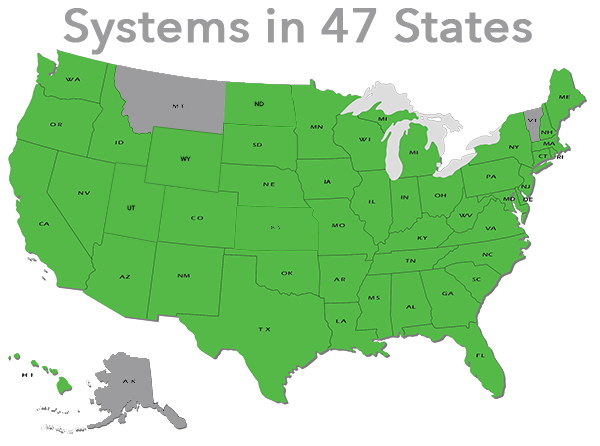Is Nancy Pelosi a Climate Skeptic?
Is Nancy Pelosi a climate skeptic? Of course not — and I would know. But you might be excused for thinking so, given the curt wave-off the House speaker delivered to the liberally ballyhooed, legislatively stillborn Green New Deal.
“The green dream, or whatever they call it, nobody knows what it is, but they’re for it, right?” That was Pelosi talking about the deal as if it were a grandchild’s latest video game obsession. The San Francisco Democrat is nothing if not a political realist, and that kind of realism means that no Congress is going to mobilize the country to fight climate change as if it were an alien invasion, as my colleague Farhad Manjoo recently suggested.
Higher mileage standards, more subsidies for wind and solar, signing the Paris climate deal? Those are the sorts of policies Nancy Pelosi believes in, and would happily endorse if stars align under a future Democratic president.
But obtaining 100 percent of America’s power needs through renewable energy, “upgrading all existing buildings in the United States” to meet “maximal” efficiency standards, and dealing with the issue of cow flatulence by reducing meat consumption, as the Green New Deal proposes? Fuhgeddaboudit.
Then again, if climate change is a potentially humanity-wrecking event, why shouldn’t we treat it as an alien-invasion equivalent? Let’s assume the most dire predictions are right and we don’t have a moment to lose in substantially decarbonizing the global economy, no matter what the financial cost or political pain. In that case, isn’t Pelosi’s incrementalist approach to climate absurdly inadequate?
Isn’t it, in fact, like trying to put out a forest fire with a plant mister?
Marxists of old liked to talk about the fundamental contradictions of capitalism. Today we should also reckon with the contradictions of climate policy. Are we dealing with a problem so severe that it requires the political and economic equivalent of war socialism? Or should we think of climate change roughly the same way we think about global poverty — a serious problem we can work patiently to solve without resort to extreme measures like ending capitalism or depriving equally serious priorities of the attention they deserve?
If it’s the former, then another windmill subsidy or carbon-trading scheme won’t do. We need to take extreme measures: to declare a national emergency, strictly ration every citizen’s carbon footprint, raise taxes on the rich and middle class alike to fund trillions of dollars in green infrastructure projects worldwide, and even impose economic sanctions on China and India if they don’t stop building new coal plants.
If the latter, however, then can we at least end the apocalyptic talk, especially since we aren’t prepared to take more than piecemeal steps?
So far, activists have been able to elide this contradiction, claiming both that climate change is a World War III-level challenge, and that we can deal with it relatively easily. That may do wonders for public awareness — do your part and bike to work! — but it is self-deceiving, if not dishonest. Whatever else might be said of it, the Green New Deal blows the lid off that delusion. It’s a remarkably honest attempt to offer a massive answer to what its authors see as an epochal problem.
Yet its virtue is also its undoing. The Green New Dealers may want to spend trillions on a climate moonshot (and trillions more on their other policy hobbyhorses). Most people don’t even want to spend pennies, at least if it’s their own money. In November, voters in Washington rejected a carbon fee by a margin of 12 percentage points. That’s a blue state. Endorsements of the Green New Deal may have rolled in from Democratic presidential hopefuls, but the chances of them enacting any of it if they take office are about as great as Scott Pruitt being elected to the board of the Sierra Club. Even Barack Obama didn’t endorse a gas tax when he had a chance to do so in 2009.
All of this means that climate activists should get wise to a central fact: If Pelosi is skeptical of their policies, where do they imagine the rest the country is? Those who believe climate change will become irreversible, uncontrollable and catastrophic in a few years should get to work on their fallout shelters. The E.P.A. won’t be coming to the rescue.
By contrast, those who think climate change is a real but manageable problem would do well to say as much, too. Climate change means change, not doom. It shouldn’t be hard to make the case, even to conservatives, for large-scale investments in climate resilience, such as better coastal defenses. It shouldn’t be hard, either, to make the case even to liberals that dynamic market economies are essential for creating the kind of wealth that makes environmental protections affordable, along with the innovations that make environmental fixes possible.
Pelosi’s seal clap sealed the fate of the Green New Deal. Now it’s time to move climate policy beyond impractical radicalism and feckless virtue-signaling to something that can achieve a plausible, positive and bipartisan result.
























